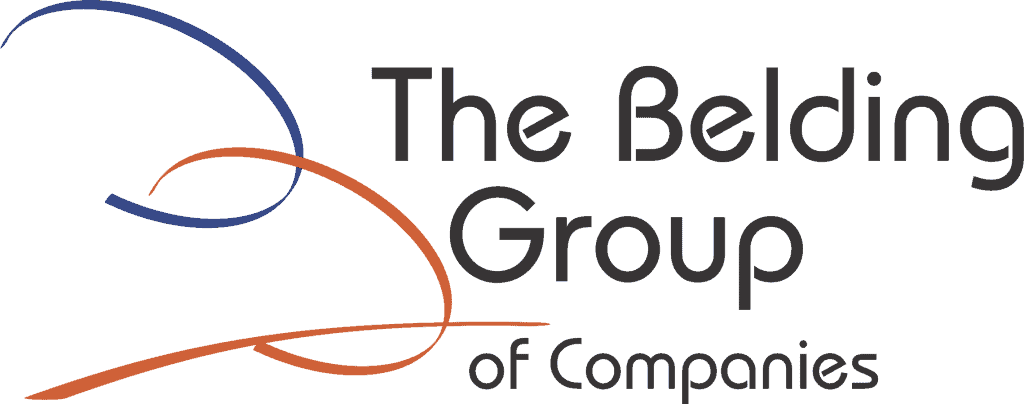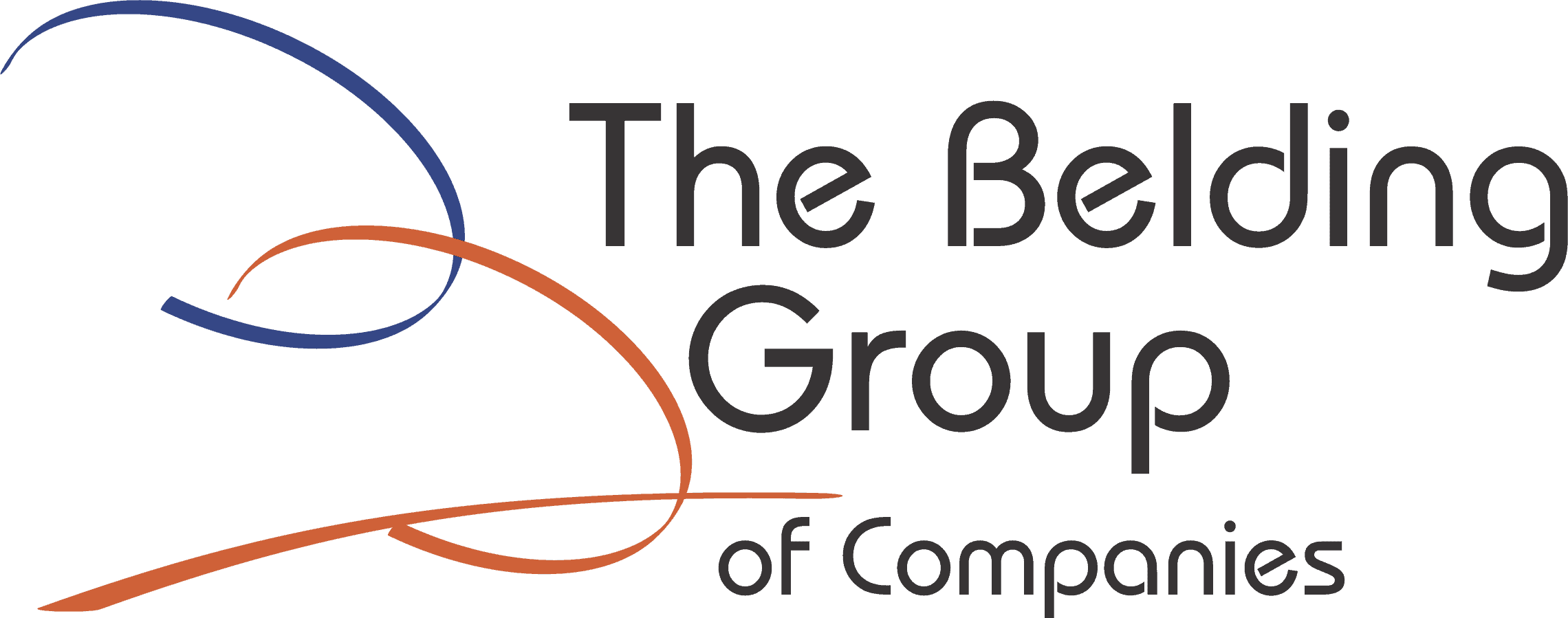
How to Spot a Workplace Power-Up
Those shining stars that make work better
I have a confession. I’d been struggling to write this for several weeks, trying to find a suitable alternative for the over-used term ‘superstar’ to describe someone who stands out and energizes the people around them. It was my 7-year-old granddaughter who said, “You mean, like a Power-Up?”
Yes. Exactly like a Power-Up.
Just in case you’ve never played a Mario Nintendo game, or don’t have a child or grandchild who’s forced you to watch The Super Mario Bros. movie (3 times), “Power-Ups” are items sprinkled throughout the game that give you boosts and special powers. At work, they are those amazing coworkers, bosses and employees who stand out and make work a better place.
Power-Ups stand out in customer service and training courses
You probably know at least one or two Power-Ups in your work. (You may even be one without realizing it). They’re easy to spot when you know what you’re looking for – and it turns out that customer service or learning environments are ideal for identifying them. When one of these remarkable individuals show up in our customer service training or leadership development courses, you can literally feel the energy level rise in the whole group. They have the same effect in their workplace.
Nine Characteristics of Power-Ups
Power-Ups are tremendous assets in a workplace. To spot them, here are 9 characteristics to look for:
1. They are genuinely interested in learning new things
Even if they’ve been doing something for twenty years and seen it all, they’re eager to try new approaches and look at old things in new ways.
2. They contribute
When a skill, technique or mindset is introduced in a class or at work, they will often support it with personal examples or analogies. They don’t do it just to be heard – they do it to create a better experience for everyone.
3. They ask tough questions
The toughest questions I’ve ever been asked in training programs have come from the most engaged participants. They aren’t confrontational or contrarian. They are legitimate questions regarding the application of concepts to their work, or how to reconcile conflicting information they may have. They often bring to light things others hadn’t considered.
4. They help others succeed
Workplace Power-Ups are amazing in groups. They listen to everyone. They make people comfortable and bridge gaps between introverts and extroverts. They bring people together.
5. They are always positive
Power-Ups focus on opportunities, and what’s right in things. They don’t dwell on what’s wrong. In the rare occasions they do focus on what’s wrong, it’s because they intend to fix it.
6. They aren’t afraid to rock the boat
If everyone in the group is gung-ho about idea “A,” the Power-Up isn’t afraid to float idea “B” if they think it’s worth discussing.
7. They aren’t afraid to be wrong
When someone calls a Power-Up out on something that isn’t right, they don’t hesitate to listen. And, if they’ve made a mistake, they don’t hesitate to own it. They don’t default to excuses or trying to throw someone else under a bus.
8. They are go-to people
At work, they are the ones people instinctively turn to for advice, input, knowledge or when something needs to get done. (Often their real value isn’t fully appreciated until they go on vacation.)
9. Stepping back is hard for them
This may not be a quality one might strive for, but it is an all too common one that Power-Ups share. I recently got an email describing this from a remarkable individual I had the pleasure of meeting in one of our Internal Customer Service courses. She has all the qualities mentioned above, and more – but was expressing concern about potential burnout, or imposter syndrome.
These are legitimate and serious concerns for Power-Ups. The very outward-focused mindset that makes them the amazing people they are also makes it hard for them to prioritize their own needs and mental health. (For the record: the person I got the email from is as far from an imposter as one can get – but that doesn’t make the concern any less real).
She shared an article on this that I think has excellent advice for everyone.
Should you strive to be a Power-Up?
You may look at this list and say to yourself, “I don’t really want to be this kind of person.” Fair enough. We all have different ideas of the kinds of people we want to be, and that is an important part of individuality.
If, however, you look at this list and think, “These are qualities I would like to adopt,” look around for role models and mentors. Talk with them and learn from them. Start trying new things, and watch how others around you respond.
One thing I can guarantee is that, aside from the caution in #9, there’s no downside in the journey to becoming a Power-Up. They are respected, admired and almost always first in line for promotions and raises.











4 Responses
And each of those aspects doesn’t need to 100%, all the time. I think that would almost be annoying. Over 50%, most of the time, is great. Knowing how you empower, and disempower, individuals on these aspects is a key ability for any manager or director. Also being able to mitigate any disempowerment from higher up is a good skill too.
I had one manager who proactively asked me not to rock the boat, that was my first red flag.
Great points John!
sound advice and I wish we had more of them in the world
Thanks John – and me too!